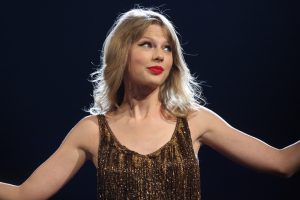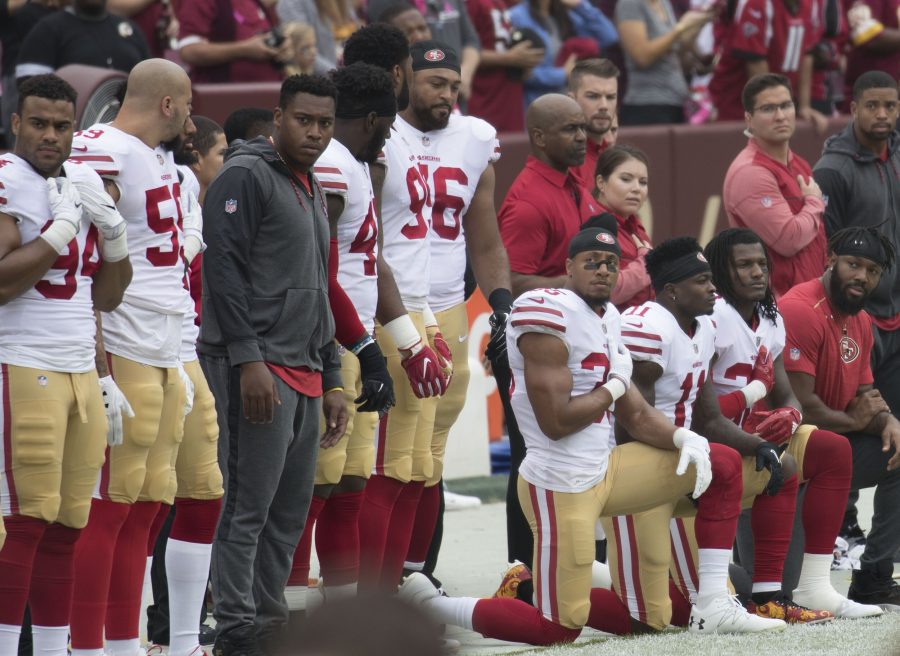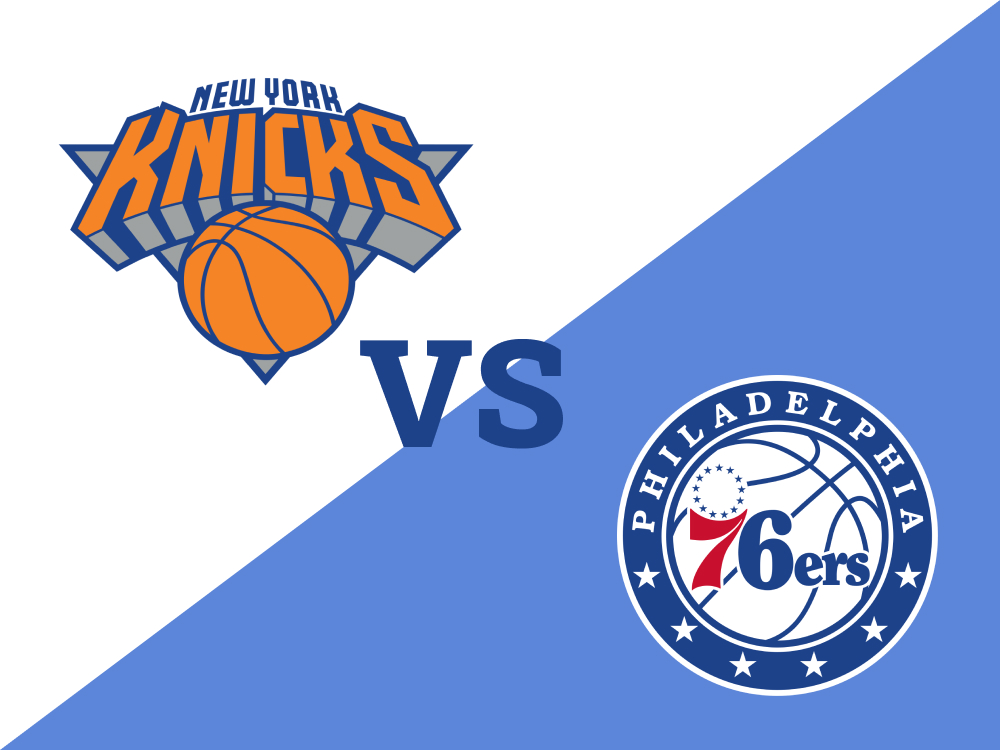Sports have always occupied a unique place in society as some moments in sports have become symbols for social change. Some of the most poignant moments in the history of sports were Jesse Owens standing tall atop the medal podium in front of Adolf Hitler, the black-gloved defiance of Tommie Smith and John Carlos’ raised fists and Jackie Robinson signing his first contract with Branch Rickey by his side., In many cases, athletes usually abstain from taking any political stance. Those rare few who do take a stand are ostracized, such as Colin Kaepernick, or outright banned from their sports, such as Muhammad Ali. However, in recent times, athletics and activism are no longer diametrically opposed.
In the wake of the death of George Floyd in Minneapolis, there was tremendous public outrage. With the worldwide protests, voices that were previously silent, especially in the realm of sports, grew loud against a system that generates inequality based on race.
In basketball, almost every team has put out a statement speaking to the events of last month and beyond. Numerous players have participated in protests, including Enes Kanter and Jaylen Brown of the Boston Celtics, Damian Lillard of the Portland Trail Blazers and Russell Westbrook of the Houston Rockets.
“How many times do we have to see black men killed on national television? This has been going on for entirely too long. We need to start seeing black people as human beings and not animals on the street,” Earvin “Magic” Johnson said. The National Basketball Coaches Association established a committee to address racial injustice and reform. Outspoken critics of modern injustices Gregg Popovich and Steve Kerr were chosen to participate, as well as David Fizdale, Stan Van Gundy and Lloyd Pierce.
In football, notable players such as Patrick Mahomes II, Russell Wilson and Odell Beckham Jr. came together to elicit a response from the NFL and Commissioner Roger Goodell. Days later, Goodell spoke in a video condemning racism and apologizing for preventing athletes from protesting in any capacity. “The black community needs our help. They have been unheard for far too long. Open your ears, listen and speak. This isn’t politics. This is human rights,” Cincinnati Bengals quarterback Joe Burrow tweeted in response to the death of Floyd.
Baseball and hockey communities were also vocal in their support for the protests and their rebuke of racism. Both professional leagues released statements of condemnation for social injustices and joined the ever-increasing voices calling for change. The NHL created four committees to address concerns about diversity in hockey and promote inclusion amongst players, youth, fans and the executive board.
Internationally, Bundesliga players Jadon Sancho and Achraf Hakimi of Borussia Dortmund, Weston McKennie of FC Schalke 04 and Marcus Thuram of Borussia Monchengladbach showed their support of the movement in various ways, taking a knee during a goal celebration or wearing an armband that said, ‘Black Lives Matter.’ Teams in England and Germany spoke out publicly in favor of change and rebuking racism. The world of sports was galvanized by the last straws that Floyd and Breonna Taylor represented in terms of tolerance for systemic racism.
For better or for worse, professional athletes exist outside the traditional confines of society. They are members of the ultimate meritocracy, where their ability to play a game determines how much money they receive. For some, their annual salaries can arouse feelings of envy and disdain amongst the middle and lower class. Athletes live with an unusual level of privilege, and some believe that this forbids any player from commenting on societal ills.
Looking at various statements from the dominion of athletics, there are similarities that are unsettling. Many of the statements were written using the Notes app on iPhones, others were carefully crafted to include buzzwords like “racism,” “change” and a variation of “#BlackLivesMatter.” At the risk of oversimplification, these statements can be boiled down to “racism is bad,” “change is needed” and “justice for George Floyd.” These sentiments are undoubtedly popular, but they are also safe. No one can disagree with these kind of statements. The zeitgeist agrees with them, so they will be praised. With the commoditization of social justice, performative activism grows prevalent with every crisis, and athletes could fall into that trap. If athletes are serious, they might not want to hide behind their keyboards and online personas. Some athletes have expressed their devotion to the cause by participating in protests. Although commendable, this could have an adverse effect on the mission.
Regular people protest because that is how their voice can be heard. Their avenues are restricted due to their socio-economic status. Athletes, however, have elevated levels of access to politicians and people in charge. Whether this is due to money or the fandom of the politicians, athletes have a better chance of being in the “room where it happens” than regular advocates. Solidarity is shown by participation, but progress could be accomplished by athletes using their influence and the access to promote change where protests potentially prove unsuccessful. It is unconscionable to accumulate followers on social media to gain influence yet ignore it when it can be used in a positive way.
Empty rhetoric and ignoring influence could be disrespectful to activist causes. Achieving justice for minorities requires influential people such as athletes to use their access to shed light on issues that disproportionately affect minorities.







